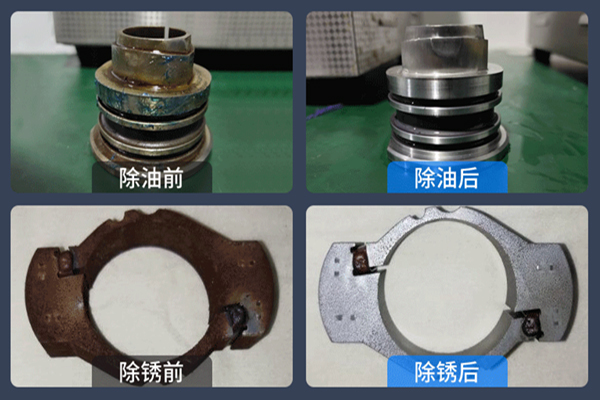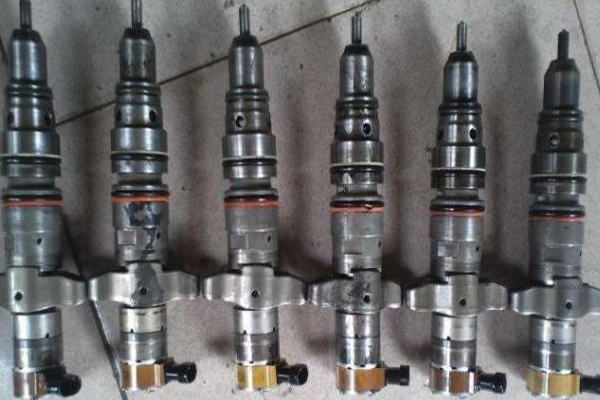Metal parts need surface treatment before production and assembly, because some machine tools and equipment aging lead to oil stains on the surface of metal parts, leaving oil stains, affecting the bonding of the surface covering layer with the base metal, the impact on the metal covering layer is very big, even a small amount of oil stains will make the coating bonding weak, producing peeling, bubbles and other phenomena.
In addition, oil stains can infect the electrolyte and affect the structure of the coating. However, metal products will inevitably get oil stains during processing, storage or polishing.
And in addition to the presence of naturalized film and general factory oil on the surface of metal parts, there will also be dirt such as heat-treated antirust oil, lubricating oil, oxidation skin, quenching oil, stamping lubricant, etc. Therefore, the dirt removed before plating may be a complex mixture, and if left untreated for a long time, it will seriously affect the plating quality. In order to ensure the plating quality of the parts and make the plating layer firmly bonded, the metal parts must be degreased and cleaned before plating.
The oil stains attached to the metal surface are generally divided into two categories. One is saponified oil, including vegetable oil and animal oil. These oils can react with alkali to produce water-soluble soap; the other type is non-saponified oils, such as mineral oils, which do not interact with alkali. Oils and greases are insoluble in water, but will dissolve in organic solvents, so solvent-based metal cleaners can be used to clean parts.
Oil cleaning should be determined by the nature of the oil on the metal surface and the degree of contamination. Oil removal methods include organic solvent oil removal, electrochemical oil removal and chemical oil removal.



